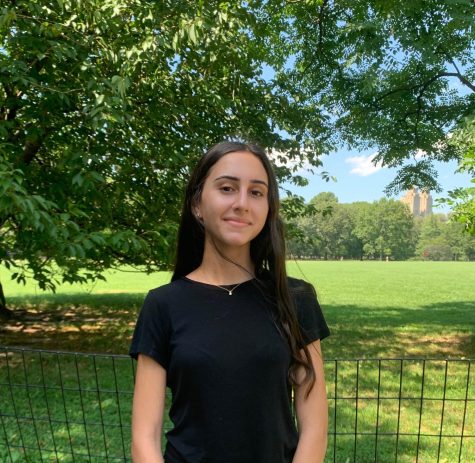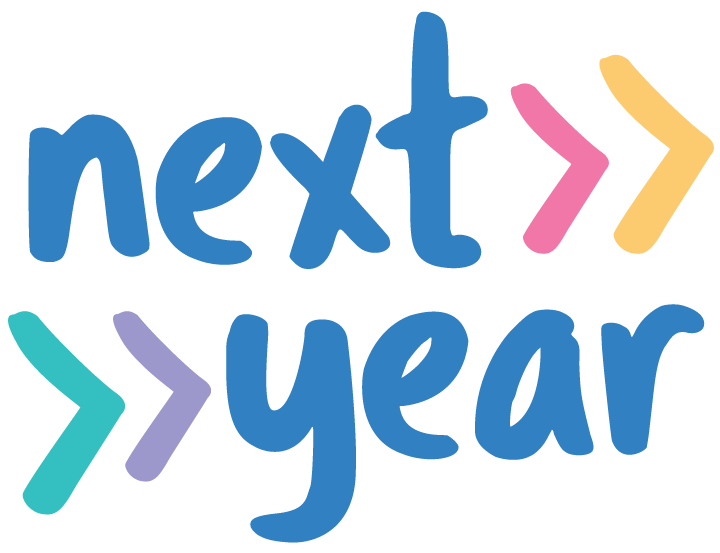Interview with Mr. Jonathan Cannon
This academic year completes Mr. Jonathan Cannon’s first year as Head of School.
Caitlin Levine: Looking back, what were the top three changes of which you are most proud, which you have brought to Ramaz this past year?
Mr. Jonathan Cannon: I was really looking to learn rather than to change. I am proud of students, faculty and parents, their passion for the school and their willingness to share with me the successes and the areas for improvement. It is clear that this is a school with a hugely passionate population, and everyone wants to feel a stronger identity with the school, a clearer sense of the meaning of the mission of the school and that the learning continues to be excellent, and at the same time reflects current best practice. I am most proud that I have begun processes, and made personal appointments to support these goals.
CL: What would you consider to be our school’s best accomplishment in the past year?
JC: I would probably give the same answer every year. It is the quality of our students and graduates and what they give back to their community and the roles that they take on inside and outside of Ramaz.
CL: What are the top three changes on your agenda for the next academic year?
JC: This year, we invested a lot of time in fixing the infrastructure and backend of our technology capabilities. Now that we have a stable structure, I am looking forward to more opportunities to increase technology integration in the classroom. I would like to see us working closely to further improve the educational relationship between the different divisions in the school and also to find more opportunities to express school pride.
CL: 21st-century education is known for collaboration and creativity. How will Ramaz give expressions to these values in both Judaic and secular studies in the upcoming year?
JC: Ensuring creativity and collaboration is essential, and historically many schools have been more known for their lack of creativity and competitiveness. Ramaz is blessed with a faculty of life-long learners, excited by innovation. However, it needs to be innovation which is done in a structured manner so that it can be sustainable.
CL: If you had one thing to change about Ramaz, what would it be?
JC: I worry that the spiraling cost of a Jewish Day School education means that some families might choose not to come to a Jewish day school. Ramaz has a very effective tuition assistance program, however there are some families that do not choose that route.
We need to be even more effective at fundraising and creating alternative sources of income such as the money coming from the state that TeachNYS has been so instrumental in helping to secure. This will help us moderate the cost of tuition.
CL: For the most part Ramaz alumni are happy to have experienced a Ramaz education. What can we do to make Ramaz students happier while still at Ramaz?
JC: This is probably a question better asked to the students rather than me. I hope that they will continue to drop by the office, come and find me at lunch, catch me in the elevator, so that I can learn your ideas.
Thank you, Mr. Cannon, for your leadership this past year. We look forward to your input and advances in the next academic year.

Caitlin Levine loves journalism, is an avid writer, and is thrilled to be an editor-in-chief of The Rampage. Caitlin has actively contributed to The Rampage...



